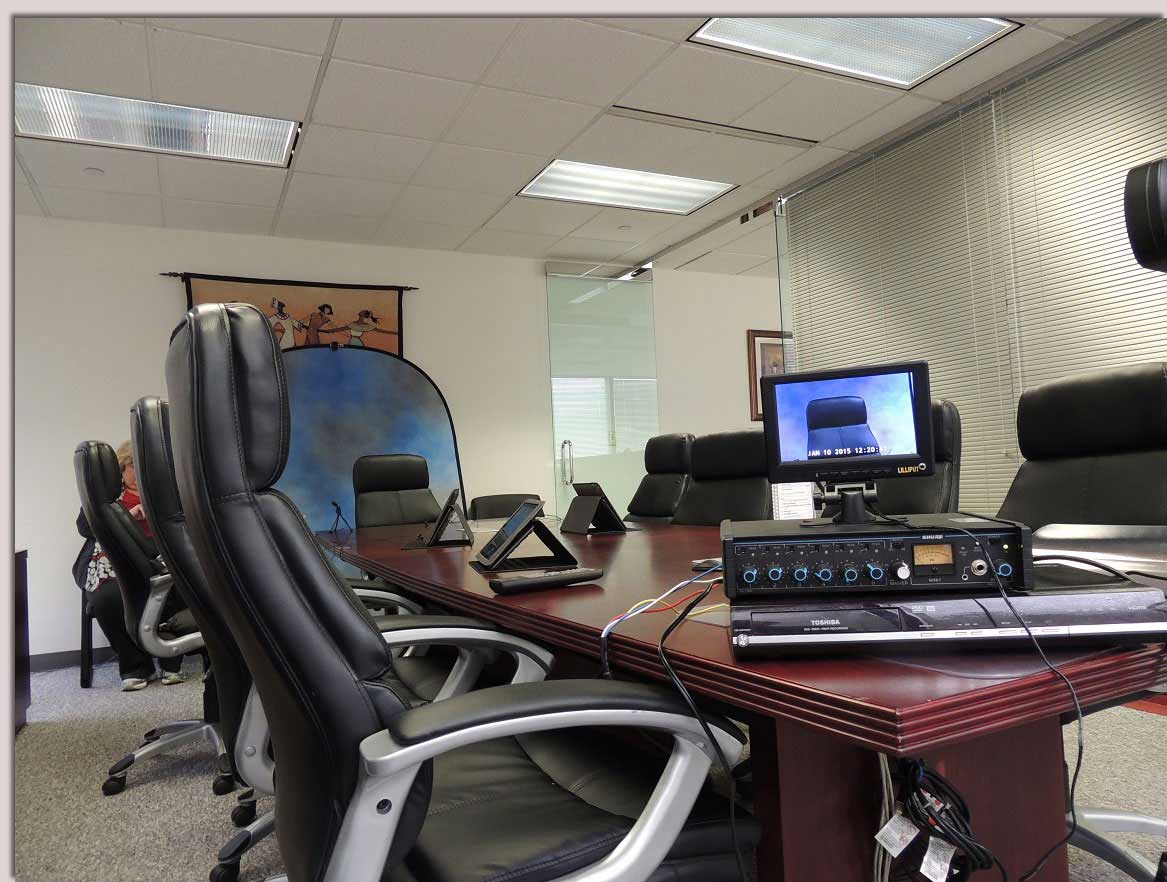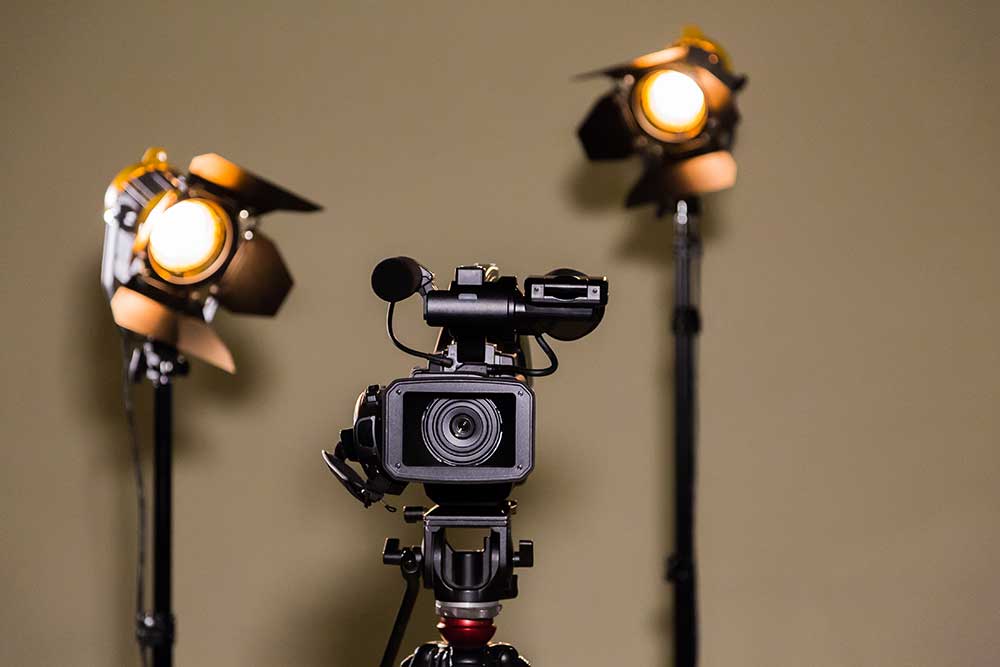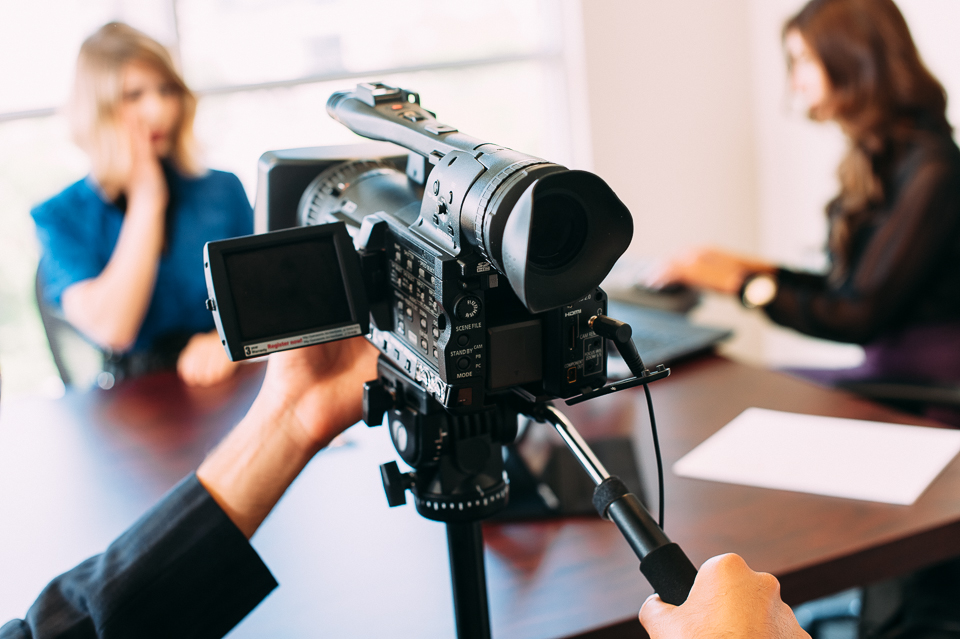Comprehensive Legal Videography for Depositions.
The Role of Lawful Videography in Depositions and Tests
Legal videography has actually arised as an important tool in both depositions and tests, offering a complex technique to recording witness testaments. By catching not only the spoken word yet likewise the subtleties of non-verbal interaction, this medium enhances the trustworthiness of testimonies and protects essential evidence for future procedures (legal videography). As attorneys increasingly recognize its value, it triggers a much deeper examination of just how these visual documents can affect juror understandings and trial results. What ramifications might these growths hold for the future of legal method?

Relevance of Legal Videography
Legal videography plays a pivotal duty in the documents and presentation of depositions and trials. This customized field combines technological skills with lawful understanding to develop a reputable document of procedures that can substantially affect case results. The aesthetic aspect of legal videography improves the understanding of witness testament, permitting jurors and judges to observe not just the talked words however also the behavior, emotions, and body language of the witnesses.
Furthermore, lawful videography offers an unbiased account of occasions, lessening the possibility for false impression that can accompany composed transcripts alone. This aesthetic documents acts as an essential device throughout trial presentations, facilitating a clearer and even more influential story for both plaintiffs and accuseds. The capacity to replay video clip segments throughout court process allows legal teams to highlight vital factors, enhancing their disagreements properly.
The value of lawful videography prolongs beyond the courtroom; it additionally plays a crucial role in maintaining proof for future recommendation, whether for appeals or additional legal activity. Its integration into the lawful procedure is important for making sure a fair and accurate depiction of the facts, ultimately contributing to the quest of justice.

Refine of Legal Videography
While capturing the nuances of depositions and tests, the process of lawful videography includes numerous crucial steps that ensure high-grade, accurate recordings. An expert lawful videographer prepares by reviewing the instance products and recognizing the certain requirements of the deposition or trial. This preparation consists of acquainting themselves with the participants and the context, which helps in catching pertinent information.
On the day of the recording, the videographer establishes up the necessary equipment, which generally includes high-def electronic cameras, microphones, and appropriate lighting. Making certain optimum angles and sound top quality is critical, as it directly affects the efficiency of the recording. The videographer communicates with attorneys and individuals to develop methods, making sure that everyone understands the recording process.
Throughout the deposition or test, the videographer meticulously videotapes the process, paying attention to both verbal and non-verbal hints. This includes capturing the temperament and responses of witnesses and lawyers. After the session wraps up, the videographer might edit the video for clarity and compliance with legal standards, producing a final product that precisely shows the procedures for future recommendation and usage in lawful contexts.
Advantages in Depositions
The unification of videography in depositions offers internet numerous advantages that enhance the total process of collecting evidence. One key advantage is the ability to capture witness statements with aesthetic and auditory fidelity, giving a much more accurate depiction of the witness's demeanor, tone, and body movement. This multidimensional method allows lawyers and courts to assess reliability better than typical written records alone.
Furthermore, videographed depositions function as an effective tool for protecting testament. Should a witness become not available for test, their taped deposition can be played in court, making sure that their evidence stays easily accessible and appropriate. This aspect considerably reduces the threat of shedding vital information that could affect situation end results.

Lastly, videography boosts the total professionalism and trust of the deposition process, instilling confidence in clients regarding the thoroughness of their legal depiction (legal videography). By leveraging innovation, lawyers can considerably improve the performance of depositions
Impact on Trials
In many trials, the integration of videography can substantially affect the discussion of proof and the court's perception. Lawful videography records witness statements and vital evidence in a vibrant format, permitting jurors to involve with the product on numerous you can try this out levels. This aesthetic component boosts the storytelling element of a trial, supplying context and emotional vibration that conventional text-based evidence might lack.
In addition, video recordings can function as effective tools for impeachment throughout interrogation. When inconsistencies arise in between a witness's previous statements and their court testament, video proof provides an objective recommendation that can sway jurors' opinions. This immediacy and quality can boost the reliability of a party's narrative while concurrently undermining opposing disagreements.

Future Trends in Legal Videography
As we look toward the future of lawful videography, several emerging fads assure to reshape its role within the court. One substantial pattern is the combination of man-made intelligence (AI) in video clip analysis and editing and enhancing. AI can streamline the procedure of identifying key minutes in recorded depositions, allowing lawyers to rapidly access appropriate material, consequently enhancing performance in situation preparation.
Additionally, the rise of virtual reality (VR) and increased fact (AR) modern technologies is anticipated to change just how jurors experience proof. legal videography. By submersing jurors in a substitute atmosphere, these innovations can supply a more extensive understanding of complex situations, causing even more educated deliberations
Moreover, the enhancing need for remote depositions, sped up by the COVID-19 pandemic, will likely proceed. Legal videographers helpful site will require to adapt to brand-new software and platforms to make sure high-quality recordings in online settings.
Lastly, the expanding emphasis on information safety and security will necessitate more stringent methods for storing and sharing video evidence. As the lawful landscape advances, legal videographers have to remain abreast of these trends to maintain their relevance and efficiency in the judicial process.
Final Thought
In summary, lawful videography offers a crucial feature in the judicial process, improving the honesty of depositions and tests. As modern technology proceeds to progress, lawful videography is positioned to further change its duty within the legal landscape.